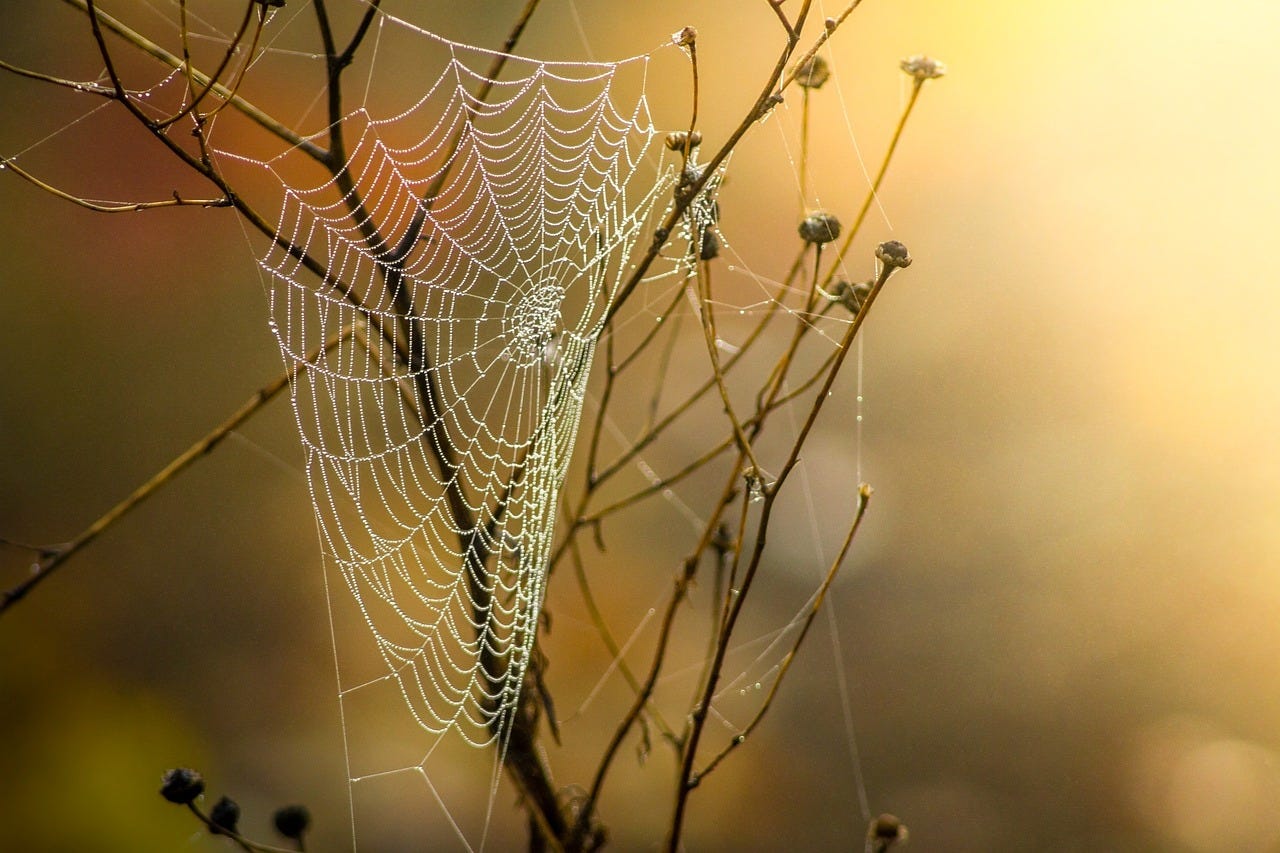Prophecy
By Dana Gioia
Sometimes a child will stare out of a window
for a moment or an hour—deciphering
the future from a dusky summer sky.
Does he imagine that some wisp of cloud
reveals the signature of things to come?
Or that the world’s a book we learn to translate?
And sometimes a girl stands naked by a mirror
imagining beauty in a stranger’s eyes
finding a place where fear leads to desire.
For what is prophecy but the first inkling
of what we ourselves must call into being?
The call need not be large. No voice in thunder.
It’s not so much what’s spoken as what’s heard—
and recognized, of course. The gift is listening
and hearing what is only meant for you.
Life has its mysteries, annunciations,
and some must wear a crown of thorns. I found
my Via Dolorosa in your love.
And sometimes we proceed by prophecy,
or not at all—even if only to know
what destiny requires us to renounce.
O Lord of indirection and ellipses,
ignore our prayers. Deliver us from distraction.
Slow our heartbeat to a cricket’s call.
In the green torpor of the afternoon,
bless us with ennui and quietude.
And grant us only what we fear, so that
Underneath the murmur of the wasp
we hear the dry grass bending in the wind
and the spider’s silken whisper from its web.
Dana Gioia was born in Hawthorne, California, on December 24, 1950. He received a BA from Stanford University. Before returning to Stanford to earn an MBA, he completed an MA in comparative literature at Harvard University, where he studied with the poets Elizabeth Bishop and Robert Fitzgerald. In 1977, Gioia moved to New York to begin a career in business. For fifteen years Gioia worked as a businessman, eventually becoming a vice president of General Foods. In 1992, after publishing his first book of poetry, Daily Horoscope (Graywolf Press), in 1986, he left business to become a full-time writer.




